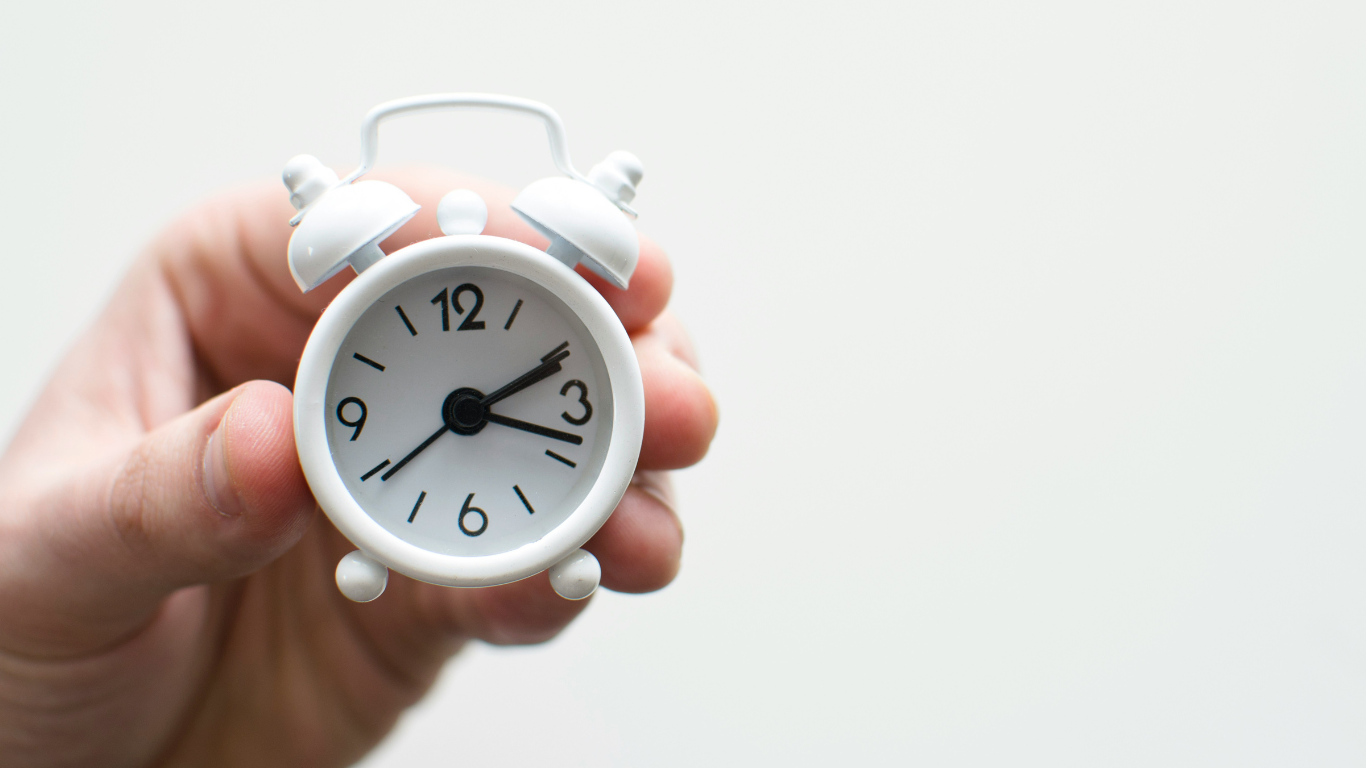Some habits can impact productivity levels in the workplace. Every individual has different strategies that work for them, but research highlights common daily practices that can improve efficiency and effectiveness.
Recognize the small changes you can make that lead to noticeable boosts in productivity. Dive into several research-backed habits, discussing how these adjustments improve work output and well-being.
The Role of Sleep on Productivity
Sleep is a fundamental component of well-being and has a direct effect on workplace productivity. Insufficient sleep can cause decreased focus, cognitive impairment, and lower productivity levels.
A popular solution many individuals have turned to is using blackout sleep masks, as they allow for a greater sense of darkness, promoting deeper and uninterrupted sleep. You can discover proven solutions for better sleep that many users have found beneficial. Creating a sleep-friendly environment in the bedroom, ideally dark, cool, and quiet, can improve rest and aid individuals in waking up refreshed and ready for the day ahead.
The Importance of Morning Routines
Establishing a consistent morning routine can set the tone for the entire day. Taking time to plan your day and engage in activities such as exercise or mindfulness can add to focus and motivation. Individuals who dedicate mornings to organizing tasks tend to experience less stress and greater job satisfaction throughout the day.
Incorporating healthy breakfast options into your morning meal can positively impact cognitive functions. Foods rich in protein and healthy fats can boost brain power, improving concentration and decision-making skills.
Time Management Techniques
Effective time management is a widespread practice that can influence productivity in the workplace. The most popular approach is the Pomodoro Technique, which encourages focused work in short bursts with breaks in between. This method helps maintain high levels of concentration and prevents burnout.
Setting boundaries regarding how much time you dedicate to meetings can result in more time for completing essential tasks. Individuals who actively manage their time report feeling more accomplished and less overwhelmed by their workload. Juggling multiple responsibilities requires a plan, and implementing advanced planning tools can aid in time management.

Taking Regular Breaks
Contrary to the belief that working long hours leads to higher output, regular breaks can boost productivity. Stepping away from your desk for a brief walk or engaging in a non-work-related activity for a few minutes can stimulate creativity and problem-solving. Incorporating breaks into the daily routine can mitigate stress levels.
Even for just a few minutes, relaxing activities influence mood and motivation. Investigating the efficiency of breaks during work hours can reveal surprising benefits. Employees who take regular short breaks report feeling more energized and productive when returning to their tasks.
Creating a Distraction-Free Environment
A cluttered or noisy environment can distract from tasks and lead to decreased focus. Creating a distraction-free workspace can improve concentration, resulting in higher productivity. Simple changes, such as organizing your desk or using noise-cancelling headphones, can deliver significant benefits.
Good lighting and comfortable seating can increase focus and reduce fatigue. A well-designed work environment tailored to individual needs enables better performance and engagement. Employees report feeling more motivated and productive when their workspace aligns with their preferences. Recognize distractions such as smartphones and unnecessary notifications that can pull attention away from crucial tasks.
Incorporating Physical Activity
Integrating physical activity into daily routines can impact cognitive performance and workplace productivity. Regular physical exercise promotes better blood flow to the brain, leading to improved focus and creativity. Engaging in even short bursts of physical activity throughout the day can increase energy levels and reduce feelings of fatigue.
Opportunities for physical activity don’t need to be restricted to formal workouts. Walking meetings, standing desks, or short stretching breaks can all contribute to increased movement during the workday.
The Impact of Mindfulness on Focus
Mindfulness involves maintaining a moment-by-moment awareness of thoughts, feelings, and surroundings for greater self-regulation and focus. People who adopt mindfulness techniques experience reduced stress, improved attention, and enhanced cognitive flexibility. Practices such as meditation, deep breathing exercises, and mindful walking can create coping mechanisms to handle workplace challenges.
Employees report feeling a greater sense of calm and productivity when they integrate mindfulness into their routines. Companies can create an environment where employees are equipped to handle stressors confidently and maintain focus on their tasks.
By integrating these research-backed habits into daily life, employees can discover more efficient and effective ways to navigate the daily challenges of the workplace. Recognizing the impact of sleep and mindfulness further enriches the methodology for achieving optimal performance at work.































